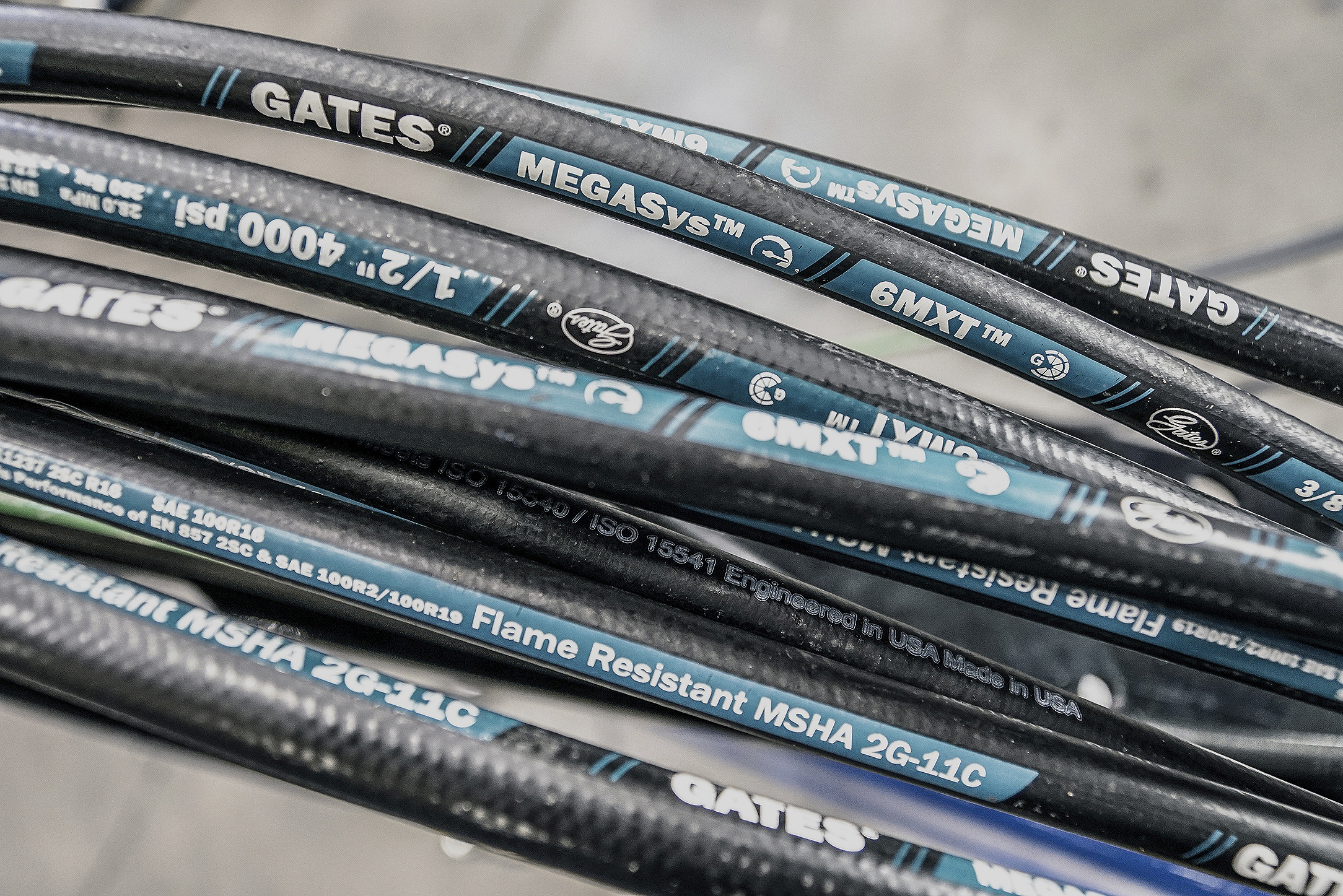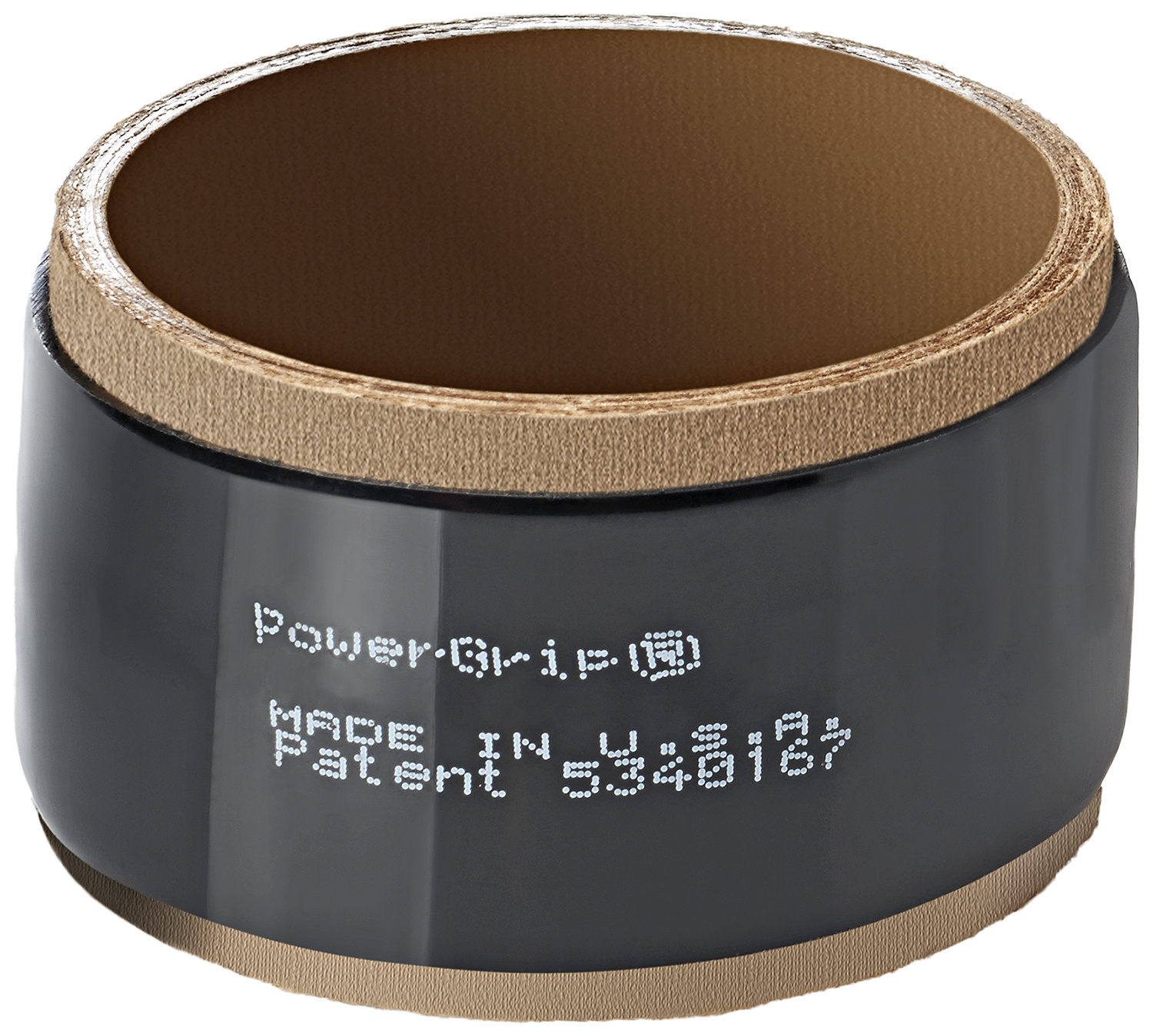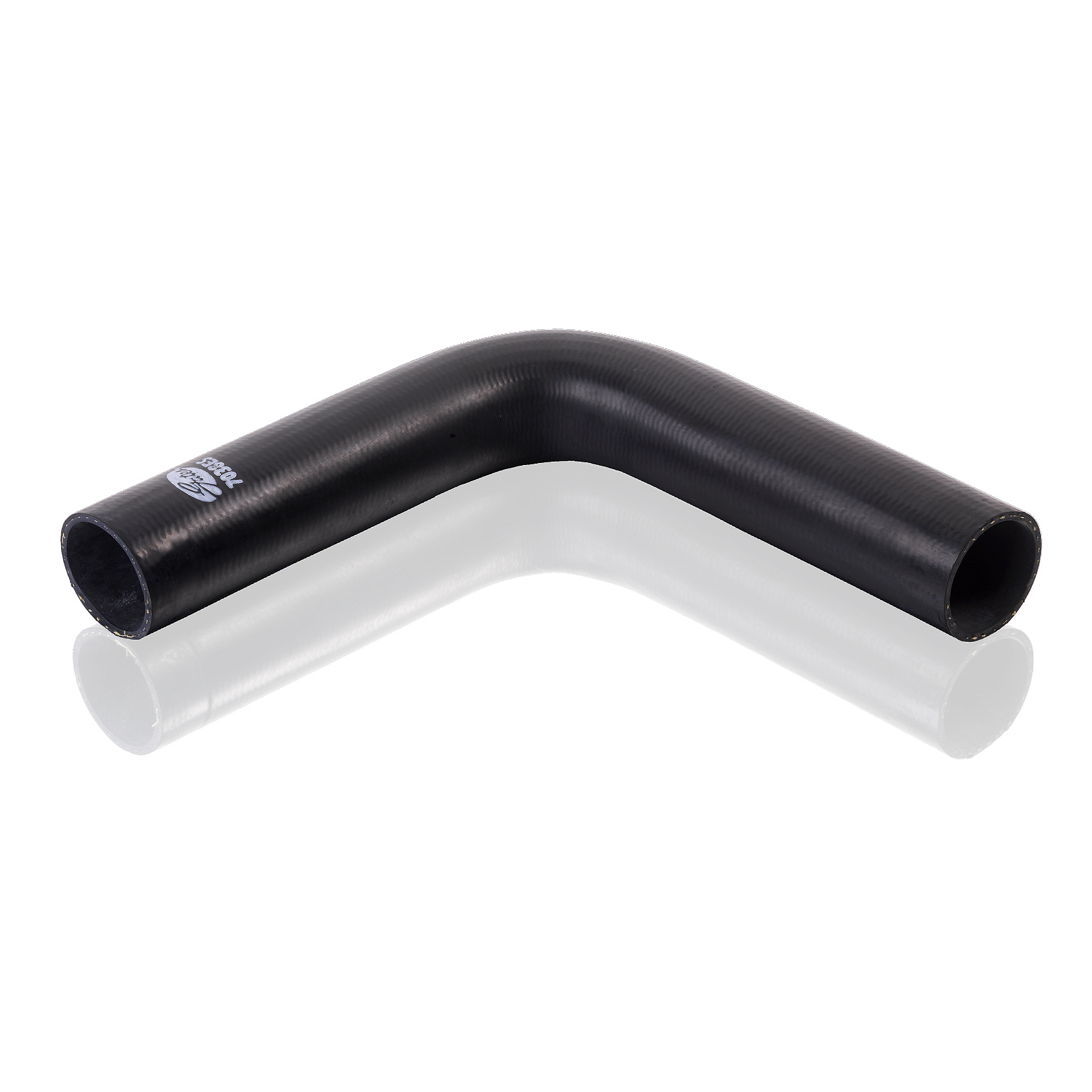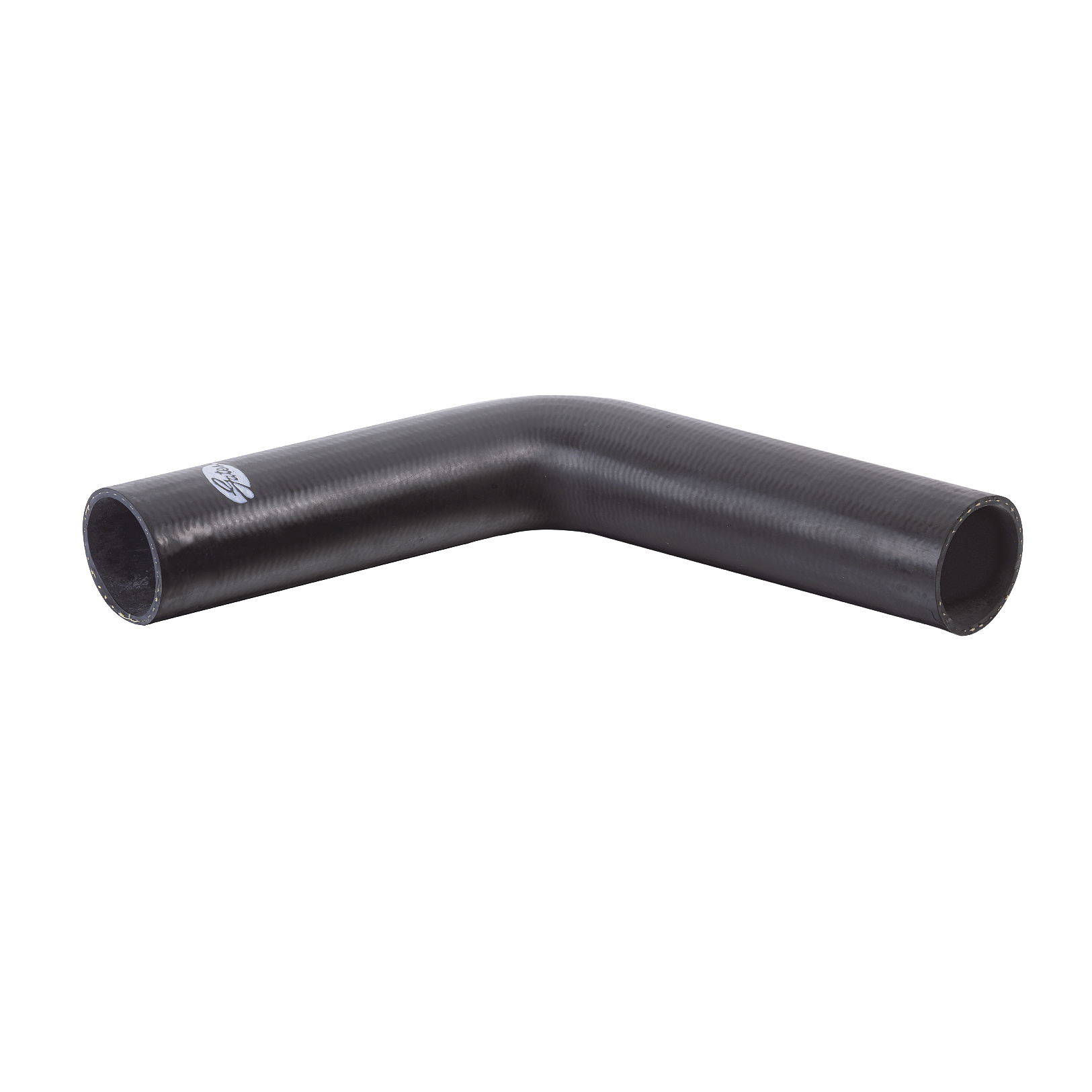Products By
-
Category
CategoryPower Transmission
- Power Transmission Components Power Transmission Components
- Water Pumps Water Pumps
- Gates TPU Polyurethane Belting Gates TPU Polyurethane Belting
- Power Transmission Tools and Merchandisers Power Transmission Tools and Merchandisers
- Power Transmission Kits Power Transmission Kits
- Micro-V® Belts Micro-V® Belts
- Synchronous Belts Synchronous Belts
- V-Belts V-Belts
- Special Belts Special Belts
- Automotive Timing Belts Automotive Timing Belts
Fluid Power- Hydraulic Hose and Couplings Hydraulic Hose and Couplings
-
Hydraulic Hose and Couplings
- Air Brake / Compressed Air
- Spiral Wire Hose, Couplings and Assemblies
- Thermoplastic Hose and Couplings
- Wire Braid Hose, Couplings and Assemblies
- Textile Braid Hose, Couplings and Assemblies
- Hydraulic Adapters and Valves
- Hydraulic Equipment and Crimpers
- Quick Disconnect Couplers
- Hydraulic Accessories
- Industrial Hose Industrial Hose
- Fluid Power Tools and Merchandisers Fluid Power Tools and Merchandisers
- Engine Hose Engine Hose
- Hydraulic Tubing and Tube Fittings Hydraulic Tubing and Tube Fittings
Urban Mobility & PowersportsOther Products- Automotive Accessories Automotive Accessories
- Caps and Thermostats Caps and Thermostats
- Engine Hose (Air Intake/Emissions) Engine Hose (Air Intake/Emissions)
- Service Station and Shop Support Hose Service Station and Shop Support Hose
- Windscreen Washer, Wiper and Vacuum Components Windscreen Washer, Wiper and Vacuum Components
- Rubber to Metal Parts Rubber to Metal Parts
New ProductsNew Products from Gates
You can count on Gates to supply innovative new products that push the boundaries of materials science. We engineer our products to continually exceed expectations and outperform industry standards. We are constantly expanding our product catalogue and services to support every facet of our customer's operations.
- Industries
- Services
- Knowledge Centre
- About Us







